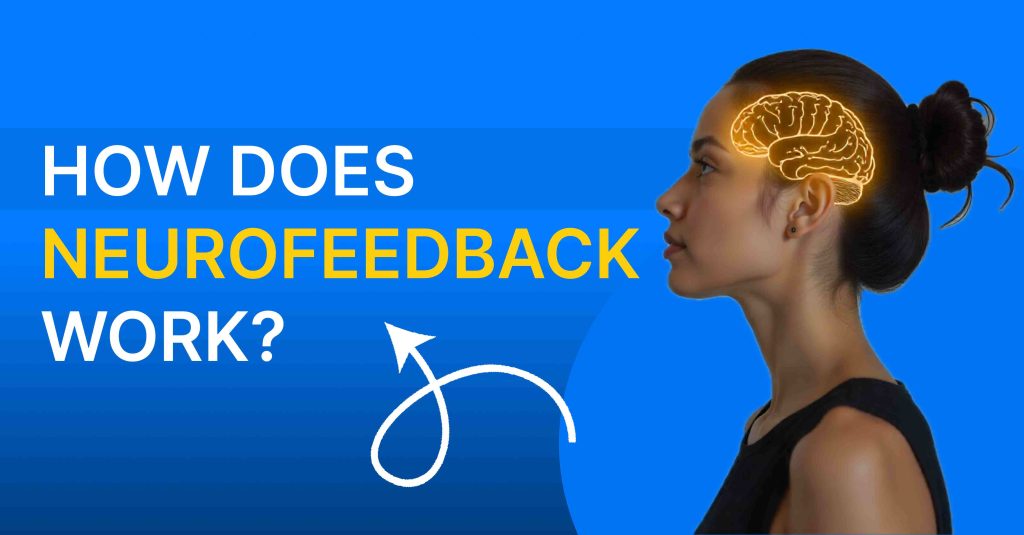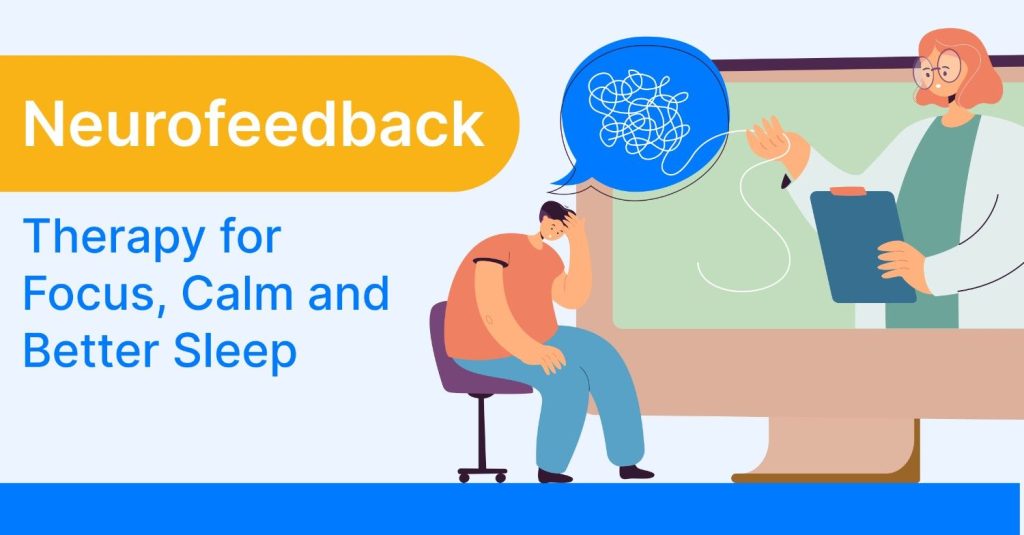Rejection always hurts. But there’s a reason why it affects you more than others. Here’s what you need to know…
We would be stating the obvious by highlighting that being rejected is NOT a good feeling. Be it you not getting selected in the sports team to you being shunned by your crush – rejection in any form can affect one’s self-esteem and make the person feel low. However, while most people are able to shake it off and move on, there are some who can’t seem to. They cling on to the feeling of anger, failure, sadness, hopelessness, and sometimes even slip into depression and have suicidal thoughts.
To some, rejection is extreme and can have a severe impact on their mental health. That’s when you know that you or a loved one may be suffering from Rejection Sensitivity Dysphoria (RSD).
What is Rejection Sensitivity Dysphoria?
RSD is a mental health disorder that involves a person being extremely sensitive to rejection, along with criticism, judgment, being left out, etc. They experience extreme mood swings and can enter a spiral of negative thoughts upon being subjected to any of the following above. As a result, they avoid social situations, become perfectionists, and develop an extreme fear of failure.
The problem with RSD is that because it is so commonly associated with other mental illnesses such as depression, anxiety, trauma, etc., it often goes misdiagnosed.
What causes this disorder?
Activation in the specific regions of the brain has been found to be the cause of higher levels of rejection sensitivity. People with this disorder tend to have overactivity in certain regions of the brain like the basal ganglia (anxiety center of the brain) and anterior cingulate gyrus (gear shifter of the brain).
Excessive activity in the basal ganglia is linked with increased anxiety. And when there is hyperactivity in the anterior cingulate gyrus, it is linked to a person being stuck in a spiral of negative thought and worries such as being laughed at for saying something wrong or silly.
How can you tell if you have RSD?
Although only a professional can diagnose whether you have this condition or not and brain imaging can help determine the same, there are certain behavioural traits that you can observe about yourself to figure it out as well. They are as follows:
- You reacting in an overwhelmed, emotional manner to any form of rejection
- Feeling easily guilty or ashamed when you’re not able to live up to your own expectations
- Extremely sensitive to even the thought of being rejected or failing
- Lashing out when criticized, judged, or excluded
- Achieving perfectionism by setting high standards for yourself
- Engaging in approval-seeking behaviour
- Having low self-esteem especially after not getting validated
- Often overreacting or misinterpreting actions/facial expressions of other
Who is at risk of having this disorder?
Sometimes, people already having certain mental health illnesses can be predisposed to this disorder. People who struggle with these disorders are likely to have RSD:
Anxiety
People suffering from anxiety are anyway slightly sensitive to criticism and are most likely to have rejection sensitivity.
Autism
Autism spectrum disorder (ASD) is a brain disorder that involves a person having problems with social communication as well as learning and behavioral issues. People with ASD often are unable to correctly understand social cues and have difficulty recognizing as well as expressing emotions. Therefore owing to the heightened sensory reactions, this disorder results in extreme hypersensitivity to criticism.
ADD/ADHD
Researchers have found a strong link between people with ADHD (Attention Deficit Hyperactivity Disorder) and RSD. In fact, it is estimated that most people with ADHD have hypersensitivity to criticism and rejection. ADHD is a brain disorder in which a person experiences several behavioural as well as emotional symptoms such as short attention span, being distracted, irritability, poor impulse control, getting stressed easily, feeling insecure., etc. Therefore this disorder tends to amplify these emotions, including sensitivity to rejection.
How brain training can help
With brain training technology Neurofeedback, rejection sensitivity can be eliminated for good. As we have established above, RSD can result from overactivity in certain regions of the brain. Therefore with brain training, these sections of the brain can be made calmer, by restoring the imbalance in the brainwaves. Neurofeedback in general can help you get rid of your mental illnesses and lead a happy, calm, and productive life.
To know more about this technology and how it works, visit https://wetrainbrains.com/how-it-works/





